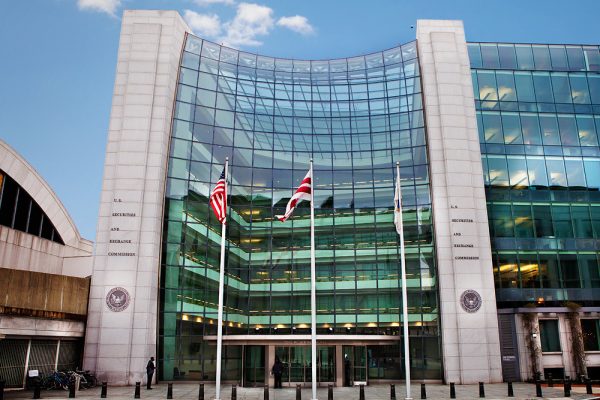News Release: Statement on student loan provisions of Omni/COVID relief Bill
It is deeply disappointing that Congress did not act to extend the federal student loan suspension in the COVID relief bill. This increases the urgency for President-Elect Biden to act, both by extending the pause on student loan payments and by cancelling federal student loan debt.










